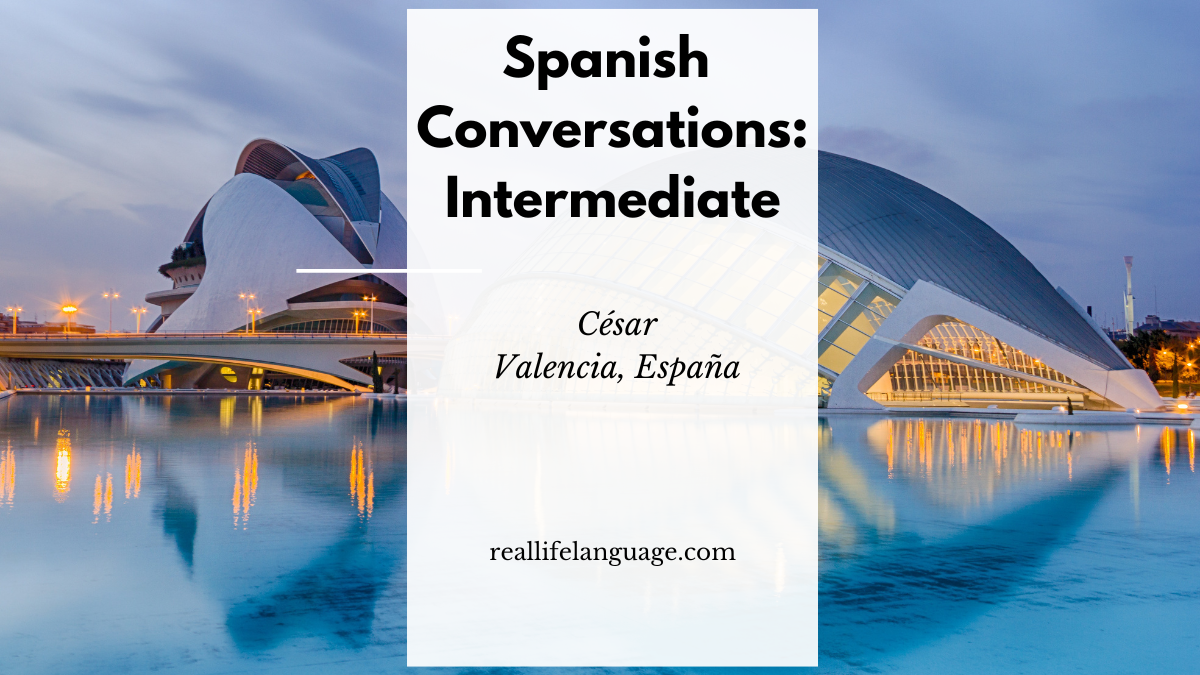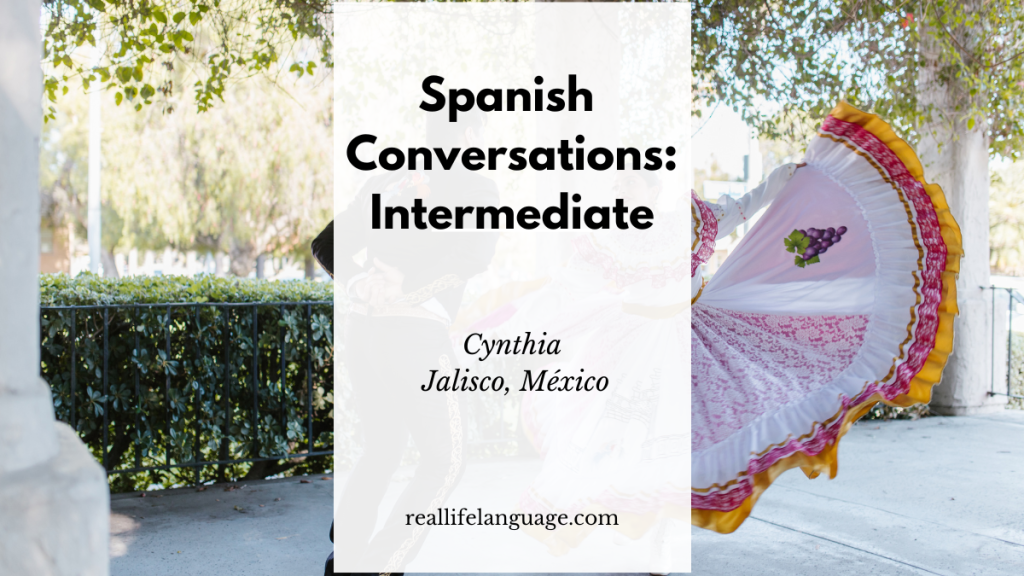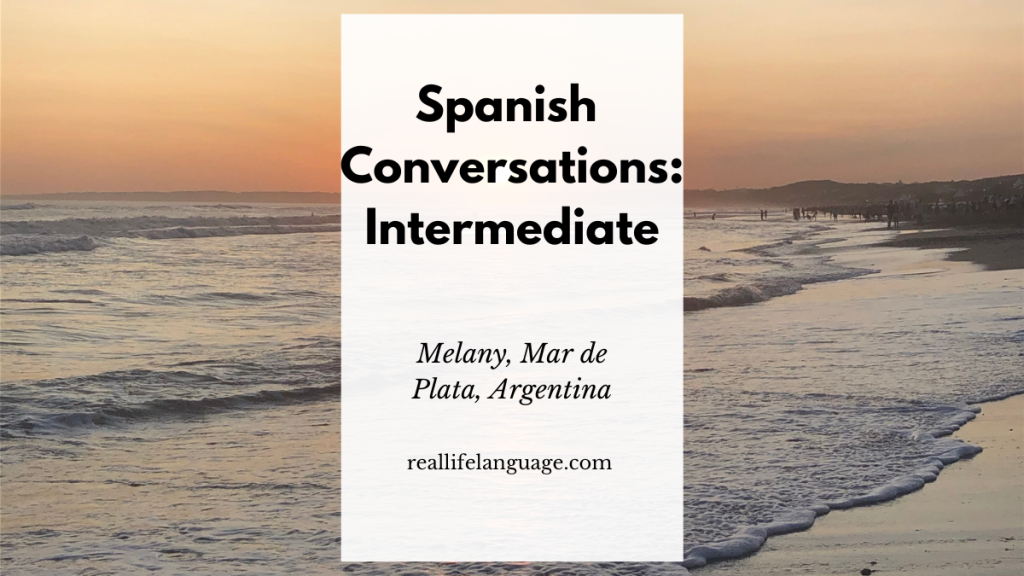
This article summarises a relaxed, authentic Spanish conversation and offers practical tips to help learners learn Spanish using real-life topics: memorable days, local festivals, health, work and everyday vocabulary. The speaker shares vivid, personal examples that make the language come alive and provide plenty of phrases learners can adopt.
An unforgettable day: movie extra and everyday language
The speaker recalls working as an extra on a major superhero film and being directed by an Oscar-winning filmmaker. That anecdote is useful for learners because it introduces informal, everyday Spanish phrases and a playful tone. Useful expressions from this segment include:
- inolvidable — unforgettable
- es un desastre / es un lío — it’s a disaster / it’s a mess (colloquial)
- trabajar como extra — to work as an extra
Weekend getaways and cultural notes
The speaker describes a short trip to Brighton, illustrating how to speak about travel: taking the train, walking on the beach, eating at a vegan restaurant and enjoying nightlife. These practical travel verbs and phrases help learners narrate short trips and evening plans.
Identity, personality and personal goals
When asked to describe themself, the speaker uses simple, useful descriptors that every learner should know: introvertido/a, creativo/a, ansioso/a. They also explain a mindful approach to the future — focusing on medium-term goals and staying present — vocabulary that appears frequently in conversation about plans and feelings.
Friendship and social life
Friendship is defined as “the family you choose.” This is a handy phrase to practise when talking about relationships. The speaker also highlights Spanish social habits: going out after work, enjoying terraces and bars, and the concept of tardeo or terraceo (going for drinks in the afternoon).
Valencia: festivals, art and literature
Valencia’s major festival, Las Fallas, is described in detail: giant artistic monuments built all year, music, fireworks, and the final burning on 19 March. Key festival vocabulary:
- Las Fallas — the Fallas festival
- ofrenda a la Virgen — offering to the Virgin (religious tradition)
- mascletà — the coordinated firecracker displays (noise and gunpowder)
For art lovers, the painter Sorolla is mentioned as a Valencian reference point. For literature, the speaker prefers contemporary fiction and non-fiction — a reminder to learners that reading modern texts can feel more approachable.
Health system and well-being in Spain
The speaker explains Spain’s public health system: free and universal care for emergencies is available to anyone in the country, regardless of nationality. Practical travel advice: always travel with private insurance if possible, but know that emergency treatment is available.
On healthy living, the Mediterranean diet and growing fitness trends are highlighted. Useful phrases: dieta mediterránea, hacer ejercicio (to exercise), cuidar la alimentación (to take care of one’s diet).
Free time, technology and nature
Leisure in Spain is social and outdoor-oriented: many bars, long evenings, and terrace culture. The speaker also describes mixed feelings about technology — useful language for talking about habits: me satura la tecnología (technology overwhelms me), desconectarse (to disconnect).
Spain’s varied climates give learners vocabulary to compare regions: green north (like the UK), Mediterranean coast, tropical Canary Islands. Useful comparative phrase: más … que … (more … than …).
Work and employment
Employment is discussed honestly: Spain offers a good quality of life but has higher youth unemployment. This topic gives learners vocabulary for economic and life-planning conversations: paro juvenil (youth unemployment), calidad de vida (quality of life), mudarse al extranjero (to move abroad).
Practical vocabulary and model sentences for learners
- Voy de escapada — I’m on a short trip. (useful for travel talk)
- Me considero introvertido/a — I consider myself introverted. (personal description)
- ¿Dónde podemos ver la escena? — Where can we see the scene? (asking about media)
- El sistema de salud es público y universal — The health system is public and universal. (formal statement)
- Vamos a tomar algo en la terraza — Let’s have a drink on the terrace. (everyday invitation)
Conclusion: learning Spanish with real speech
Listening to natural conversation like this is a practical way to learn Spanish: it provides useful vocabulary, cultural context and model sentences for travel, social life and opinions. To build confidence, learners should listen for common adjectives, practice festival and travel vocabulary, and try to reproduce short, everyday sentences. With steady practice and exposure to real conversations, learners will develop both comprehension and the ability to speak more naturally.
100s of videos to learn Spanish:
https://real-life-language.kit.com/b1531a6404
Learn Spanish with a Real Conversation: Intermediate Practice with John from Cali

